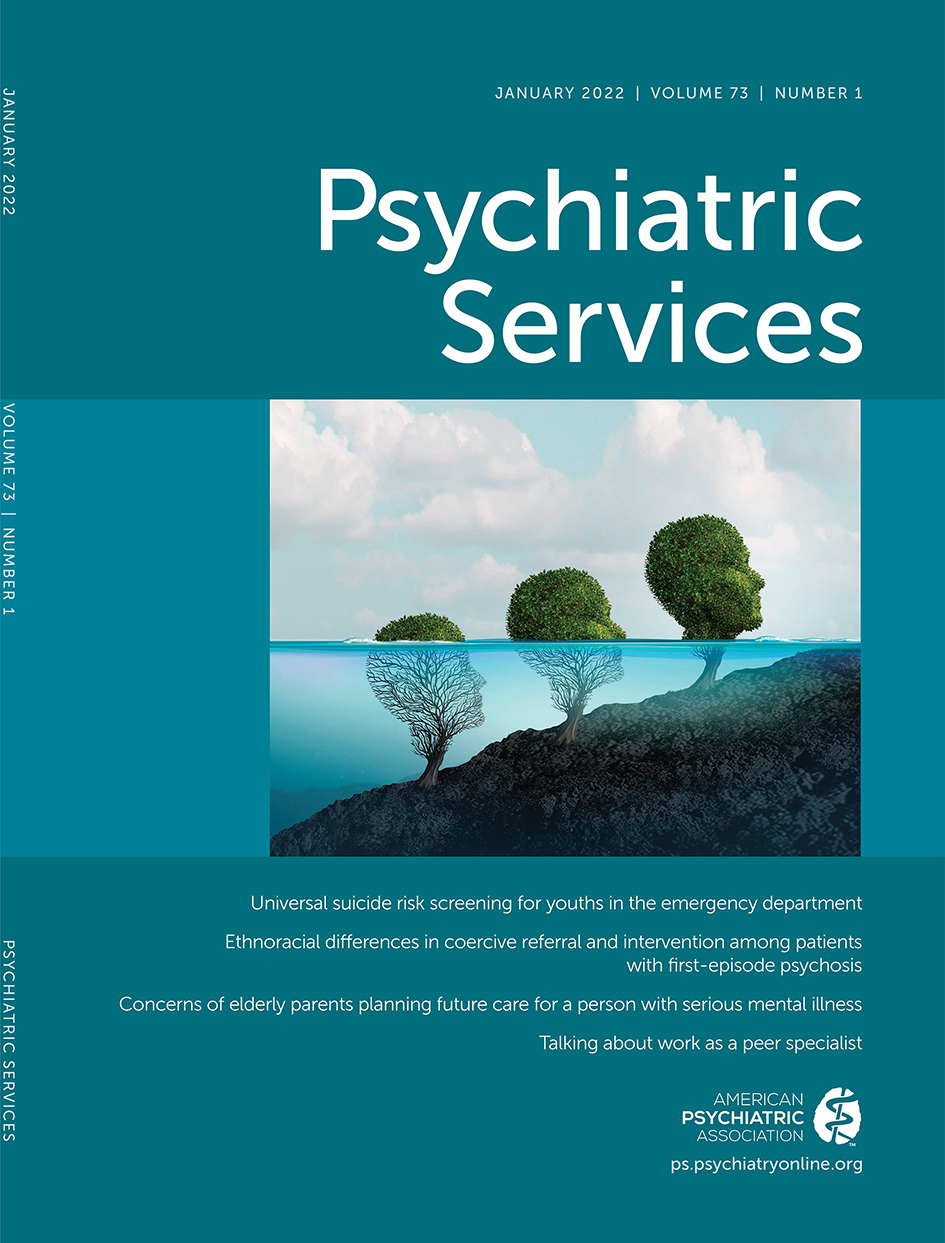Hospital at Home and Associated Risks
TO THE EDITOR: Towicz et al. (1) wrote an interesting review of the current evidence for hospital-in-the-home services in mental health, highlighting that inpatient bed days can probably be reduced but also warning that the evidence is still limited with regard to long-term outcomes, such as quality of life and social integration.
The authors discussed the risks associated with treatment at home and mentioned the study by Singh et al. (2), who described how a patient’s treatment plan could be changed when that patient’s risk status changes. Unfortunately, such responsiveness is not always possible, given that risk is difficult to predict.
Some serious incidents have occurred in randomized controlled trials (RCTs) investigating treatment at home. Johnson et al. (3) reported that one person in the treatment arm died after an overdose and that another participant was shot by the police while he was holding hostages at knifepoint. Two patients in the control group died of natural causes. It is unclear from the article whether there were any early warning signs that had gone unnoticed.
Marks et al. (4) reported three deaths due to self-harm in the experimental group and two deaths in the control group, which is not a significant difference. However, they also reported that one patient in the experimental group killed a neighbor’s baby and revealed paranoid ideas previously not disclosed. From the article it is unclear whether these paranoid ideas developed quickly and unexpectedly or whether they had always been present but had not been disclosed.
These very serious incidents are rare events, and it will be impossible to conduct RCTs with sufficient power to investigate the possible increased risk of harm to others with treatment at home. The only data will come from nonrandomized studies such as the one by Hunt et al. (5), and they will have far more confounding variables. If a deterioration in mental state is not identified, the risk of a serious incident happening is higher in the community than in hospital wards, which are a much more controlled environment. This remains a dilemma.
1 : Hospital-in-the-home as a model for mental health care delivery: a narrative review. Psychiatr Serv 2021; 72:1415–1427Link, Google Scholar
2 : How effective is a hospital at home service for people with acute mental illness? Australas Psychiatry 2010; 18:512–516Crossref, Medline, Google Scholar
3 : Randomised controlled trial of acute mental health care by a crisis resolution team: the north Islington crisis study. BMJ 2005; 331:599–603Crossref, Medline, Google Scholar
4 : Home-based versus hospital-based care for people with serious mental illness. Br J Psychiatry 1994; 165:179–194Crossref, Medline, Google Scholar
5 : Safety of patients under the care of crisis resolution home treatment services in England: a retrospective analysis of suicide trends from 2003 to 2011. Lancet Psychiatry 2014; 1:135–141Crossref, Medline, Google Scholar



